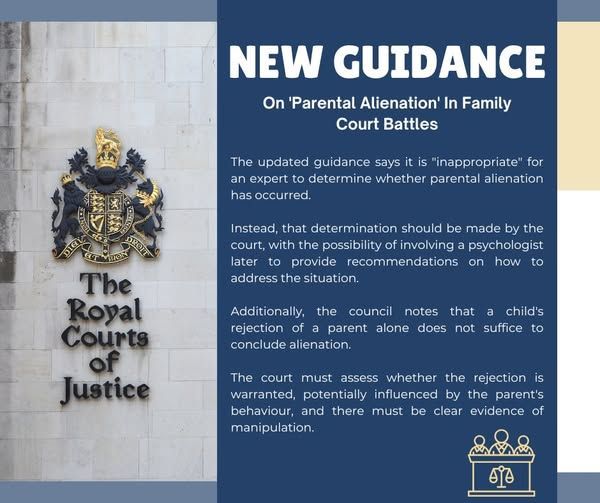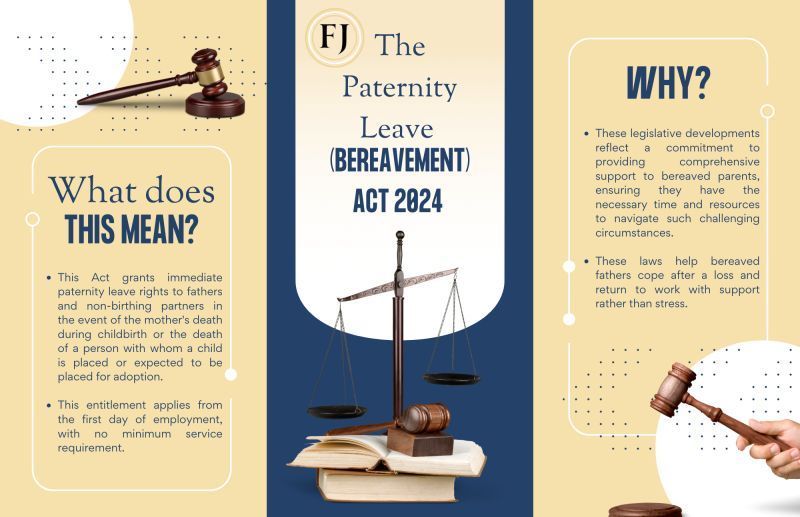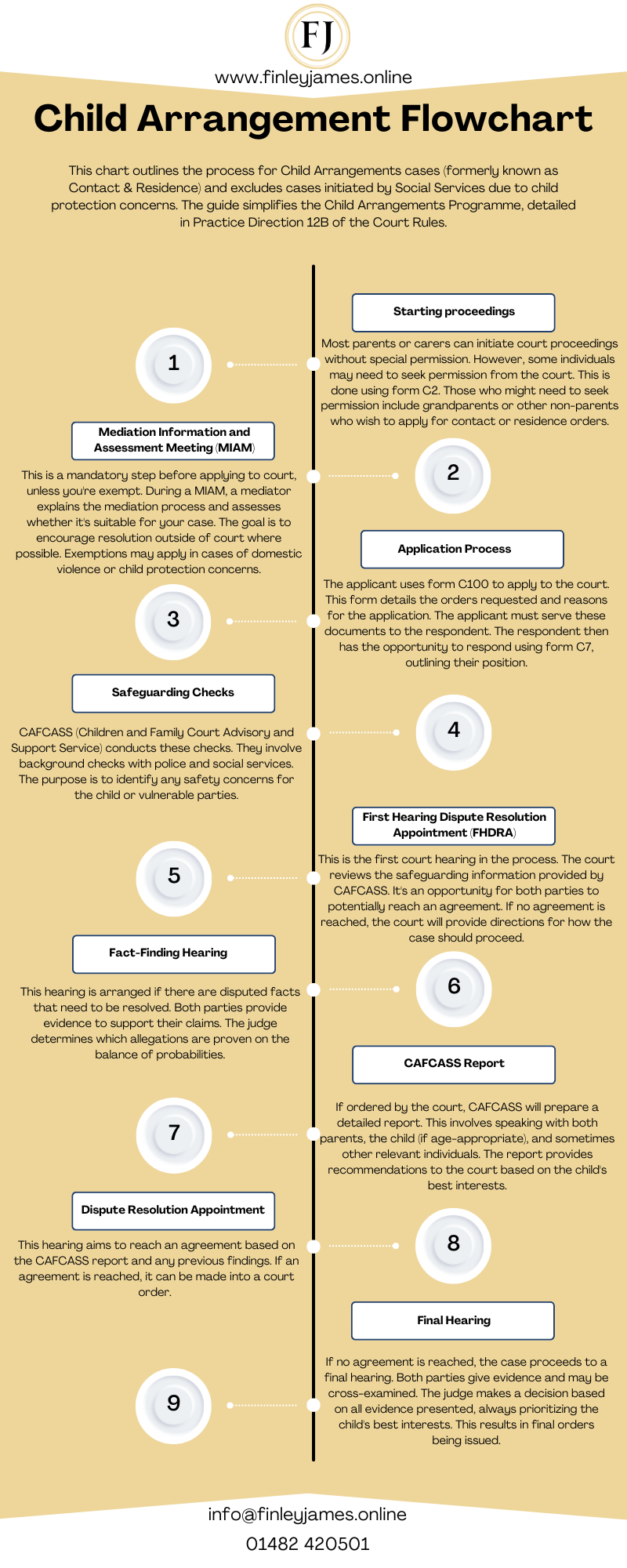Understanding the Role of Judges in Family Cases
Understanding the Role of Judges in Family Cases

When it comes to family law matters, judges are essential in ensuring that decisions are fair, lawful, and in the best interests of all parties involved, particularly children. In the UK, judges in family cases include District Judges, Circuit Judges, High Court Judges, and Magistrates. Each plays a distinct role with varying levels of authority and responsibility.
District Judges
District Judges are responsible for a wide range of civil and family law cases. Previously known as registrars, these judges hear cases related to divorces, child custody, domestic violence injunctions, possession proceedings, and more. They are appointed to circuits and can preside over cases in both County Courts and High Court district registries. Their jurisdiction is one of the most extensive among judicial appointments, allowing them to handle complex family and civil law disputes.
Addressed in Court: "Sir" or "Madam"
Written Address: "District Judge [Surname]"
Magistrates (Justices of the Peace)
Magistrates are volunteers from diverse backgrounds who serve their local communities by dedicating at least 13 days a year to the courts. In family cases, magistrates typically sit in panels of three, known as benches. One magistrate, called the presiding justice, leads the proceedings, while the other two, referred to as "wingers," support the process. A legal adviser is also present to guide the bench on matters of law and procedure. Magistrates often handle less serious cases, referring more complex matters to higher courts such as the Crown Court.
Addressed in Court: "Sir" or "Madam"
Written Address: No formal title; referred to as "Magistrate"
Circuit Judges
Circuit Judges sit across various courts, including the Crown Court, County Court, and Family Court. They may also serve in specialised courts, such as the Technology and Construction Court. Circuit Judges are appointed to one of six circuits in England and Wales and are addressed as "His or Her Honour Judge [Surname]." Known for their purple robes, they are colloquially referred to as "purple judges." Circuit Judges rank below High Court Judges but above District Judges. In family law cases, they assess evidence, apply relevant legal principles, and prioritise the welfare of children in their rulings.
Addressed in Court: "Your Honour"
Written Address: "His/Her Honour Judge [Surname]"
High Court Judges
High Court Judges handle the most serious and complex family and civil cases in the High Court of Justice. They are assigned to one of three divisions: the King's Bench Division, the Family Division, or the Chancery Division. These judges are highly experienced legal professionals who write and deliver detailed legal judgments. They are formally addressed as "The Honourable [Title] [Surname]," for example, "The Honourable Mrs Justice Smith." High Court Judges wear red and black robes during court proceedings.
Addressed in Court: "My Lord" or "My Lady"
Written Address:
For male judges: "The Honourable Mr Justice [Surname]"
For female judges: "The Honourable Mrs Justice [Surname]" or "The Honourable Ms Justice [Surname]"
Lord or Lady Justice of Appeal (Court of Appeal Judge)
These judges hear appeals on complex points of law and review cases from lower courts.
Addressed in Court: "My Lord" or "My Lady"
Written Address: "The Right Honourable Lord/Lady Justice [Surname]"
Supreme Court Justices
The Justices of the Supreme Court preside over the most important and final appeals in the UK legal system.
Addressed in Court: "My Lord" or "My Lady"
Written Address:
"The Right Honourable Lord [Surname]" (for male Justices)
"The Right Honourable Lady [Surname]" (for female Justices)
Navigating Family Law with Support
Whether you are facing child custody disputes, parental disagreements, or other family-related legal issues, understanding the roles of the different judges involved can help ease the process.
At Finley James, our dedicated McKenzie Friends are here to guide you every step of the way with expert advice and compassionate support.


















